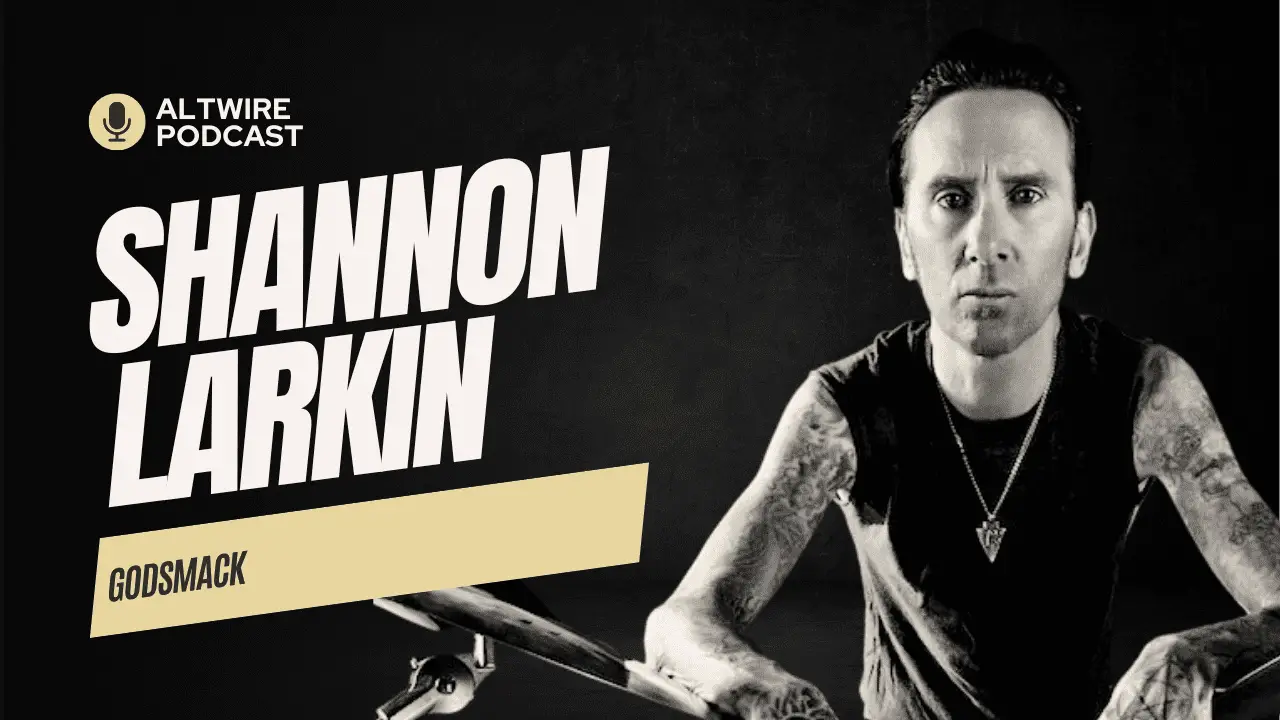In what has become a rather predictable, but welcomed pattern in Coldplay’s lineage of studio albums, the band have yet again made a sharp veer to the left, this time onto the abstract, psychedelic highway with their seventh studio album, Una cabeza llena de sueños. Some people, such as myself, had worried that the artistic endeavors of Coldplay would die down after the “emotional treadmill” that was the band’s last studio album, Ghost Stories. It seems we were wrong; Una cabeza llena de sueños not only carries the artistic legacy of Coldplay, it elevates them to an entirely different level. Here, in this 45-minute swim through a sea of bliss and color, lies some rather deep themes and motifs that make for a powerful piece about life and love.
While most people would compare Una cabeza llena de sueños to the band’s technicolour rock opera Mylo Xyloto, simply because the album is also electronic rock, it’s actually much different from that. For a start, there’s no over-the-top moments on Una cabeza llena de sueños, and it’s a much calmer sound than what you’d be used to with Mylo Xyloto. Comparisons aside, Una cabeza llena de sueños stands on its own as a very other-worldly piece that makes use of various non-traditional elements to the sound, such as a consistent ambience that soothes the listener through tracks such as “Birds”, “Army of One” and “Amazing Day”, three tracks that are very well representative of the album’s general sound: sweet, relaxing and colourful. In fact, the word “colourful” can be used to describe everything in this album, from the soaring sounds of the album’s title track and opener, to the deep, cherishable nature of “Everglow”.
Lyrically, Una cabeza llena de sueños is laden with many, many intertwining motifs and themes. A common interpretation of the album would be that the album is a celebration of life, speaking through abstract lenses. One such example of the way the album describes life from such an angle is the aforementioned “Everglow”, which attempts to describe the feeling of absent love through a concept known to songwriter Chris Martin as an everglow. Also riddled through the album are motifs that pay homage to ancient eastern literature, such as Attar’s The Conference of the Birds or Rumi’s “The Guest House”, from which lines are read from in the track “Kaleidoscope”. Diamonds and space are also things that get mentioned a lot throughout, the former representative of people born out of enormous societal pressure and the latter as an ultimate goal. Constant references to eastern proverbs such as the Yiddish proverb “you can’t empty out the ocean with a spoon”, and callbacks to Rumi’s poem in places such as the opening lines of “Everglow” give a charasmatic weight to the album’s important life lessons and its uplifting messages of hope, which is something that Coldplay is definitely good at, if we remember back to albums such as X&Y.
Lying in the gutter, aiming for the moon
Trying to empty out the ocean with a spoon
Up and up, Up and up
If you’re not interested in the lyrical artistry of the album, A Head Full of Dreams can deliver just as well, with its well-contained production and seemingly organized sound, that manages to conjure up some powerful moments and roaring anthems that will make a stadium full of people energized and singing along. Of course, that would be an appropriate, since Coldplay are usually good at making music that fits well with their stadium-filling tours. Alongside the familiar Rik Simpson, who had produced Coldplay’s music since the Viva days, the band had also hired the dynamic Norwegian duo StarGate, known for their often spacious and colourful sounds, to produce this album as well. The result is a beautiful piece that makes for a good album to pop on the speakers, when you need a soundtrack for your day. Chris’ vocals, Jonny’s guitar, Guy’s bass and Will’s drums sound better together here than on any other big-budget produced album that the band has done this far, which would definitely please the so-called “oldplayers” who prefer the older style production of albums such as Un torrente de sangre en la cabeza, where most of the band isn’t drowned out due to overproduction, which was the case on Mylo Xyloto. On Una cabeza llena de sueños, the band no longer takes the B-stage to the production; all four members of the band are at the center of the sound once more, and that’s definitely a good thing considering the many great moments that Guy, Jonny and Will have to offer, such as Jonny’s epic guitar riffs, Guy’s various smooth and funky bass lines, and Will’s championing beats throughout the entire album.
Overall, A Head Full of Dreams is a fantastically-crafted album that marks yet another daring, triumphant high point in the band’s creative work, which has come a long way since the Paracaídas days. Coldplay have proven once again that they still can produce something even more different and awe-inspiring, even after six albums. The lyricism and artistry in the album not only has weight, but succeeds in presenting us to the world we know through a different lens, through many themes and motifs inspired by familiar eastern literature. Its sound is amazing, its production is amazing, and the way the band has handled their music, with style and grace, is amazing. I had mentioned earlier in this review that “colourful” is the best way to describe most things in this album, and it’s definitely true. As silly as it might sound on paper, the complexity and optimism of colour shines through on this album, a beautiful collection of sonic brilliance that, in its own way, paints a brand new colour of its own.








